Uses for Artificial Sweeteners Around the House
I have a few uses for artificial sweeteners around the house that I’d like to discuss today. Artificial sweeteners are often seen as a way to reduce sugar intake and lead a healthier lifestyle. While their primary use is in food and beverages, we often overlook the potential they have around the house. From cleaning solutions to garden care, artificial sweeteners can be used in various ways.
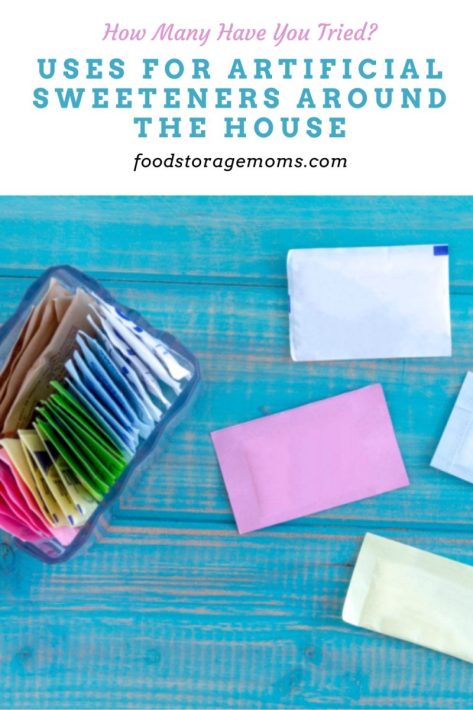
Here are 20 uses for artificial sweeteners around the house:
1. Bug Spray
Mix one packet of artificial sweetener with a cup of water and spray it around your plants. Not only will it keep the bugs away, but it will also fertilize the plant. As you drink your diet soda, you probably never realized they could help keep bugs out of your plants!
2. Ant Killer
Sprinkle some artificial sweetener near the ant trail. The ants will carry it back to their colony, and it will kill them off. Low-calorie sweeteners have been known to work as an ant killer. Unlike sugary foods, ants don’t like non-nutritive sweeteners. Both saccharine and aspartame have been shown as effective ant killers.
3. Neutralize Acidic Soil
Add a packet of artificial sweeteners to the soil around your plants to neutralize acidic soil. Although this is called sweetening the soil it doesn’t have anything to do with sweets. Soil that is more alkaline is considered “sweet.” It’s all about the ph level in the soil. Some tests have shown saccharine can lower the acidic levels in the soil. Be sure to check the plants you plan to grow so you know if the soil should be treated.
4. Stain Remover
Mix a packet of artificial sweeteners with water to create a paste. Apply the paste to the stain and let it sit for a few hours. Wash it off, and the stain should be gone. I’d suggest testing the mixture on a part of the fabric that isn’t visible before general use since fabrics are all different, clean differently, and respond to chemicals of all types differently.
5. Carpet Freshener
Sprinkle some artificial sweetener on your carpet, let it sit for a few minutes, and then vacuum it up. It will leave your carpet smelling fresh.
6. Shampoo Substitute
Mix some artificial sweetener with baking soda and use it as a dry shampoo.
7. Deodorant
Dab some artificial sweetener under your arms to absorb sweat and neutralize odors.
8. Toothpaste
Mix some artificial sweetener with baking soda and coconut oil to make a natural toothpaste.
9. Breath Freshener
Sprinkle some artificial sweetener on your tongue to freshen your breath.
10. Lip Scrub
Mix some artificial sweetener with coconut oil to make a lip scrub.
11. Exfoliating Scrub
Mix some artificial sweetener with honey and use it as an exfoliating scrub.
12. Hair Remover
Mix some artificial sweetener with water to make a paste. Apply it to the area where you want to remove hair and let it sit for a few minutes. Rinse it off, and the hair should come off easily. Look for any reaction to the mixture and rinse off if you see a skin reaction.
13. Glass Cleaner
Mix some artificial sweetener with water to make a glass cleaner. Give this a try and see how it works!
14. Rust Remover
Mix some artificial sweetener with water to create a paste. Apply the paste to the rusted area and let it sit for a few hours. Scrub it off, and the rust should be gone.
15. Jewelry Cleaner
Mix some artificial sweetener with water to make jewelry cleaner. Those Stevia extracts can be put to good use by being used as a jewelry cleaner.
16. Plant Food
Mix a packet of artificial sweeteners with water and spray it on your plants. It will fertilize them and keep them healthy.
17. Fire Starter
Sprinkle some artificial sweetener on your firewood to help it catch fire. You just need a very small amount of artificial sweetener to help you make a fire starter. There is clear evidence that this works.
18. Pool Cleaner
Sprinkle some artificial sweetener in your pool to help clean it. The chemical structure in synthetic sugar substitutes can help with the issues in your pool. How to Use a Pool in an Emergency This MAY prove as an expensive approach, but could be used in a pinch.
19. Shoe Deodorizer
Sprinkle some artificial sweetener in your shoes to absorb odors. If you want to use up some of those high-intensity sweeteners, then putting them in your shoe is a really good idea.
20. Furniture Polish
Mix some artificial sweetener with water to make a furniture polish. I would try a small amount on your furniture before you do a big portion.
FAQs for Artificial Sweeteners & Your Home
Are artificial sweeteners safe to use around the house?
Yes, artificial sweeteners are generally safe to use around the house. They are non-toxic and don’t pose a risk to humans or animals when used in moderation.
Can I use any type of artificial sweetener for these purposes?
Yes, you can use any type of artificial sweetener for these purposes. However, some may work better than others for certain tasks.
Can I use artificial sweeteners as a substitute for cleaning products?
Artificial sweeteners can be used as a substitute for some cleaning products, but they may not be as effective as traditional cleaning products. It’s always best to read labels and follow instructions when using household products.
Are there any precautions I should take when using artificial sweeteners around the house?
While artificial sweeteners are generally safe, it’s always a good idea to keep them out of reach of children and pets. You should also avoid using them in areas where they may come into contact with food or beverages without your knowledge in excessive amounts.
Can artificial sweeteners harm plants?
Artificial sweeteners will not harm most plants, but it’s important to remember that some plants may be more sensitive than others. As with any household product, it’s always best to test a small area first before applying it to the entire plant.
Are there any artificial sweeteners that are better for the environment?
Some artificial sweeteners, such as stevia, are derived from natural sources and are considered more environmentally friendly than others. However, it’s important to remember that all household products have some impact on the environment, so it’s important to use them responsibly.
I’ve heard of sugar alcohols as artificial sweeteners, what are they and what are some common names?
Actually, sugar alcohols don’t have sugar or alcohol in them. They are a special type of carbohydrate whose chemical makeup is similar to sugar. They can be found in some natural foods, but most are man-made as a product to sweeten processed foods.
Some examples are sorbitol, xylitol, mannitol, and erythritol. They tend to have a few calories and aren’t nearly as sweet as artificial sweeteners.
If I do use them in meal or drink preparation can there be some unhealthy side effects?
As with most all foods, individuals react to artificial sweeteners differently. Although people look to these items to better control blood sugar levels, better control weight gain as they try to achieve weight loss goals, and deal with the challenges of diabetes, other issues sometimes show up. There have been reports that some consumption can cause changes in the gut prompting diarrhea and bloating. If you have questions, discuss with your doctor what might be acceptable daily intake levels.
What are some of the positive attributes of artificial sweeteners?
Although we all seem to love the flavor of table sugar, over time it can create health issues that cause concern. From the challenges of tooth decay to possible heart disease down the road, going sugar-free can have positive results. We are told to count calories if we want to lose weight, and the zero calories found in these artificial sweeteners make that task much easier. We can still have the “sweets” we like in cookies, cakes, drinks, etc., but planning meals and related treats using these sugar substitutes can make a real difference in calorie intake.
Should I consider using “natural sweeteners” in place of regular sugar?
Many individuals have shifted to natural sweeteners rather than using standard table sugar to sweeten what they eat. Some good alternatives to consider are maple syrup and honey. They still have similar calorie levels to regular sugar but can be purchased in a raw state rather than as processed food. Generally speaking, natural foods are considered better for human health, can be stored longer, and has the natural sweetness we desire in our foods.
Final Word
Artificial sweeteners can be used for many purposes around the house beyond their primary use as a sugar substitute. These creative uses can help you reduce waste, save money, and lead a more sustainable lifestyle. If you have a bunch of artificial sweeteners laying around, I hope you’re able to use them with some of these creative options. Let me know how you plan on using up that sugar substitute in your house. May God Bless this World, Linda
Copyright Images: Artificial Sweeteners Depositphotos_100913476_S, Artificial Sweeteners 1 Depositphotos_100913484_S

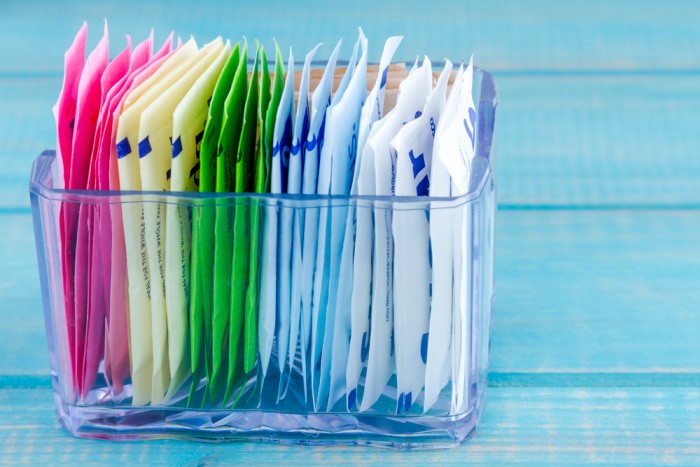

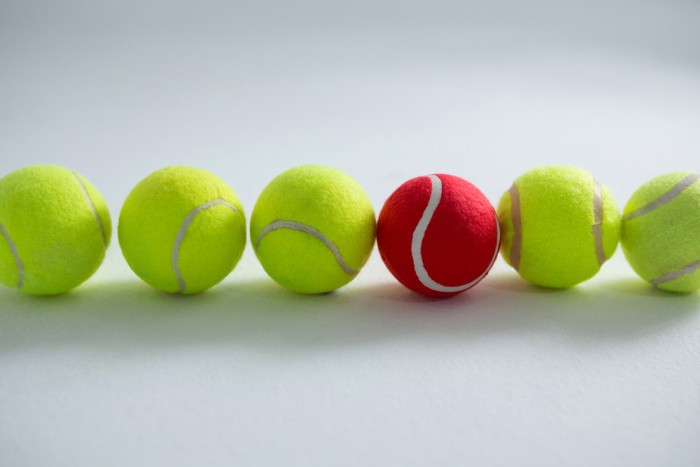
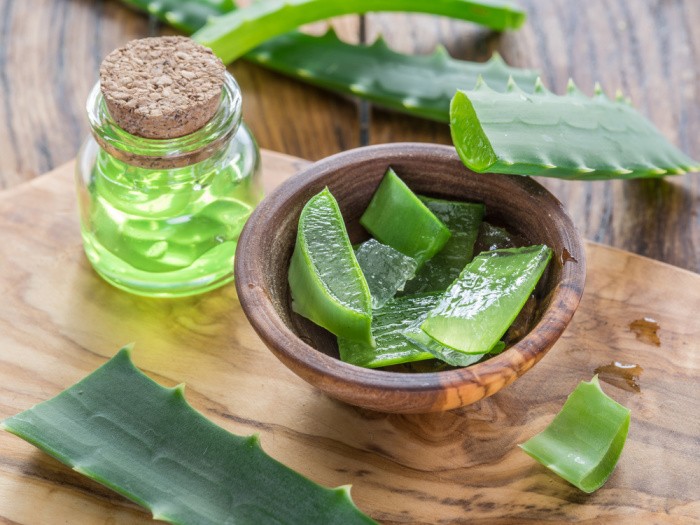
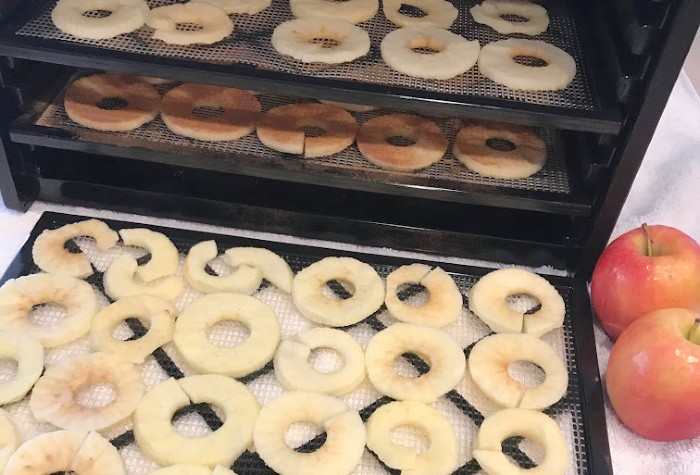
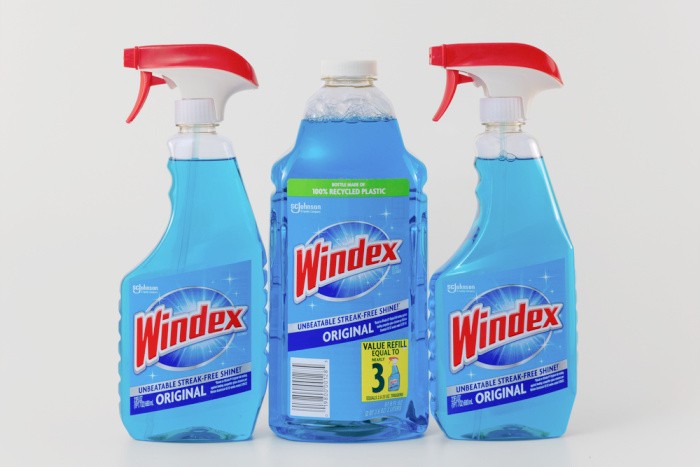
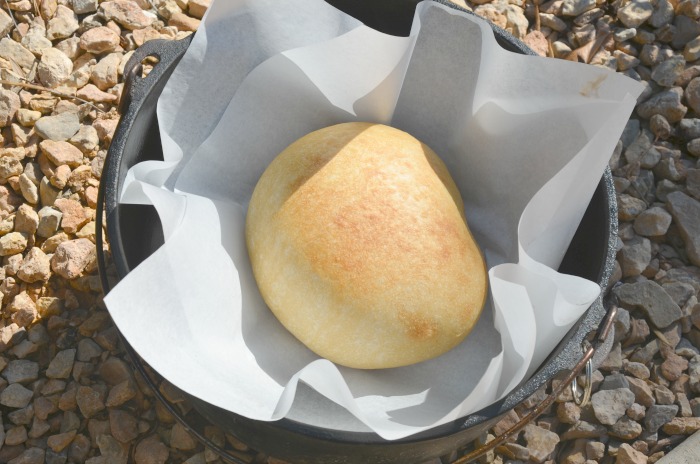
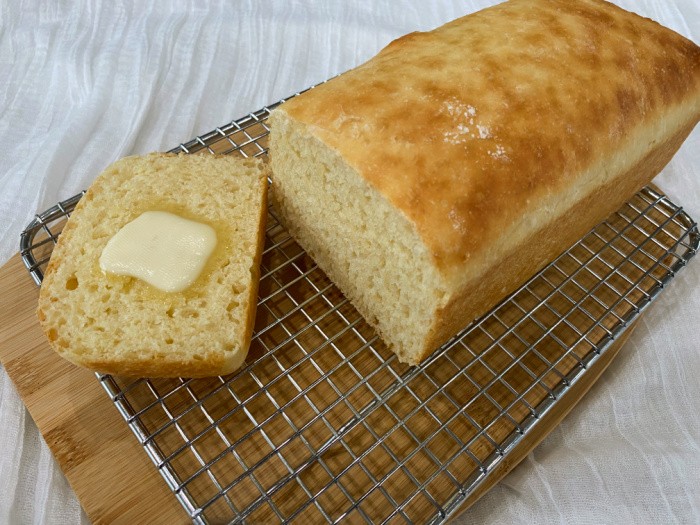
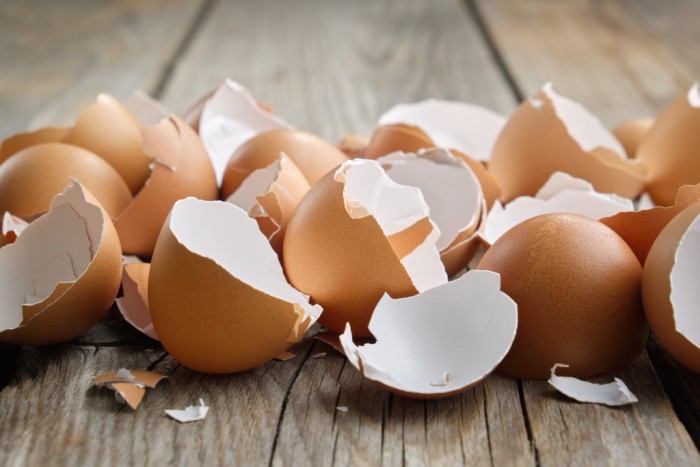
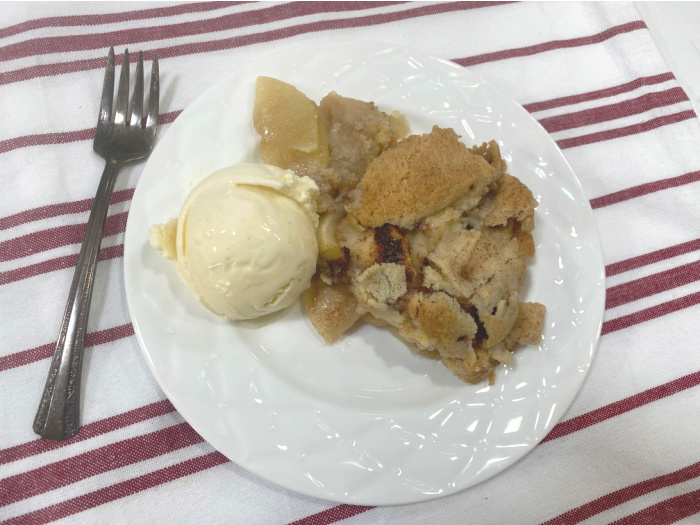
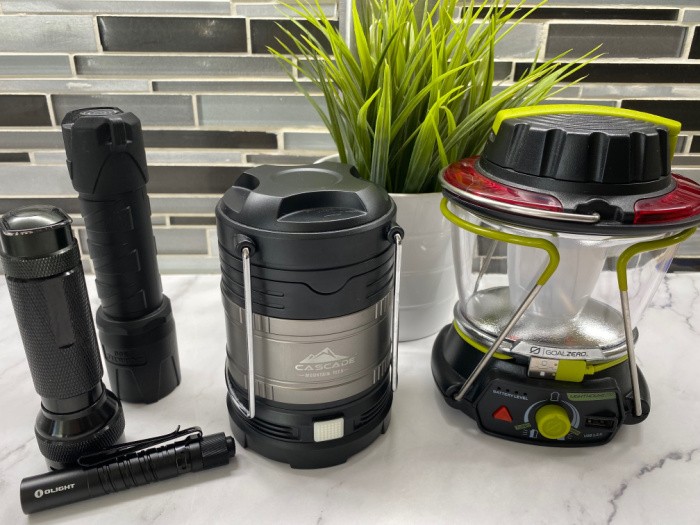
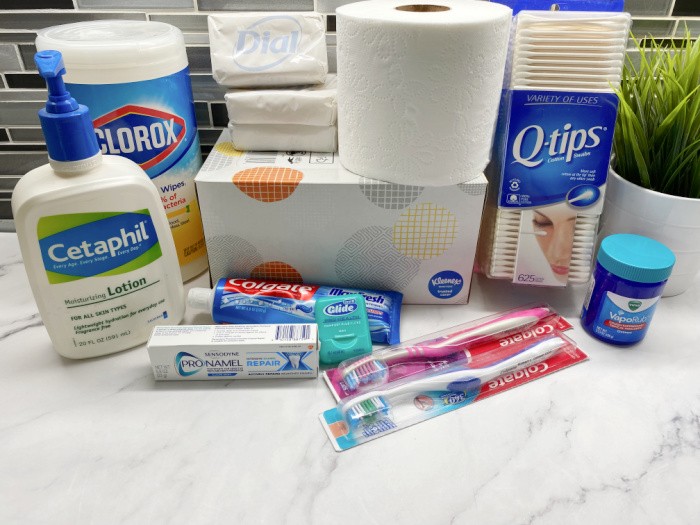
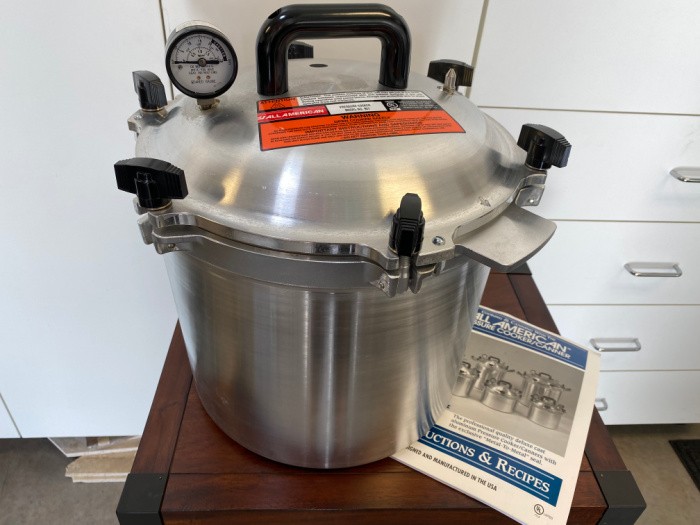
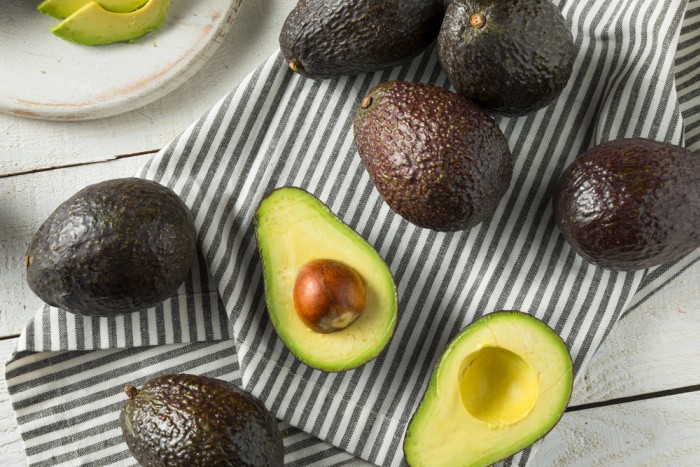
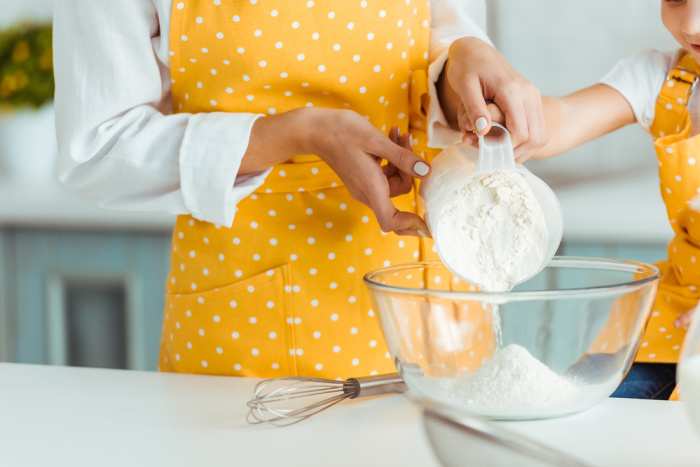
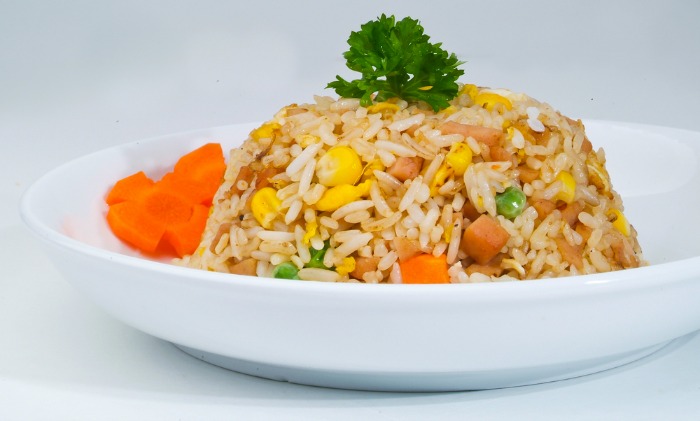
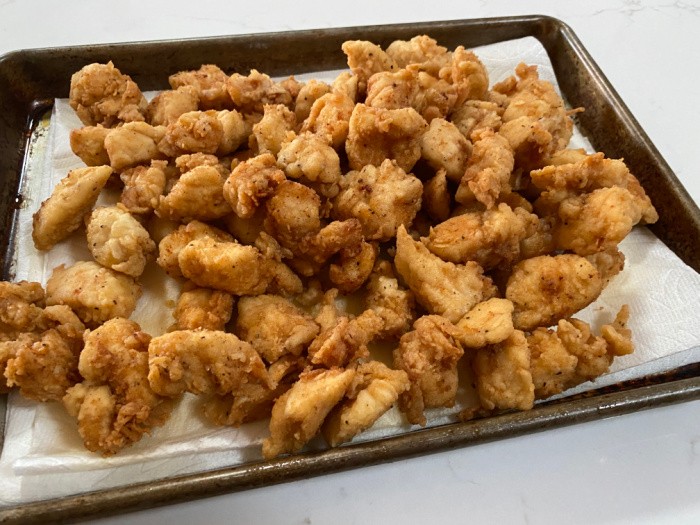
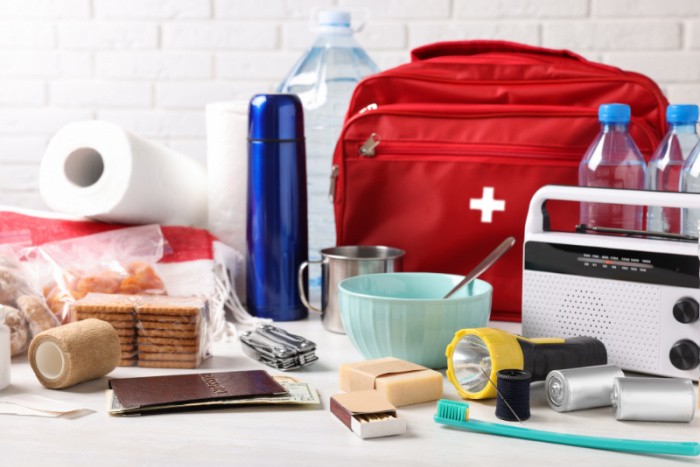




Linda,
This article caught me completely off guard. I had no idea there were any uses for artificial sweeteners. Even though I’m type II diabetic I very rarely use them (Truvia is my favorite). Thanks for the info. Live and learn.
HI Ray, I haven’t tried Truvia, I use Stevia in the Raw. I learn something new every single day!! Linda
Ray, my husband is also Type II diabetic and we also use Truvia. I do use Stevia as well. Especially in baking.
Linda, I didn’t know about the other uses for artificial sweeteners. I have quite a bit of it on hand.
Hi Deborah, I had no idea about the dogs and xylitol! I just read which artificial sweeteners have it in their products. YIKES: I quote “https://www.preventivevet.com/xylitol-products-toxic-for-dogs”. I had no idea all the products, even some peanut butters have it in it. Linda
Wow! Who knew artificial sweeteners had so many potential uses? Thank you for all of your research, Linda! I will be sharing the info about the artificial sweeteners as ant deterrents with several family members across the country. Ants seem to be a major problem for a lot of people this year!
Just FYI, xzylitol is not safe for pets to ingest.
Blessings from NW Florida!
HI BDN, I’m glad you can share the information. I have one dog and she only gets dog friendly food from me, Mark on the other hand….well what can I say. LOL! We keep seeing ants as well. I saw one crawl across my laptop a couple weeks ago!! It must be the snacks I keep hidden near me!! LOL! I wonder if the rain just brought all of them up from under the ground this year! Blessings to you from Utah! Linda
My sister baked some muffins using xylitol and had them on the counter cooling. My niece and her family live with my sister and their not-yet-trained puppy ate about half of the muffins. $2,000 in vet bills later, the vet told them that they were lucky that the puppy was a large breed and survived the xylitol. They no longer use artificial sweeteners at all.
Hi Topaz, yikes, that’s terrible! I had never heard that, thank you for sharing! Linda
Not surprised that artificial sweeteners can be substituted for pesticides and cleaning agents. I am no fan, period. They are not allowed in our home. We converted to raw honey, pure maple syrup, and modest amounts of cane sugar. I would never use synthetic sweeteners on any body part, especially underarms and feet, where they could be dissolved in sweat and absorbed through the skin. Excess anything can cause harm, but some things just go beyond being unnatural. My opinion, of course, but a lot of studies out there back it up. I guess if one had a stash of old packets, those could be used for odd jobs that didn’t involve body parts or food plots. Just a few words of caution.
HI Terry, I use raw honey and pure maple syrup more than most people as well. Sometimes it’s nice to have options, but I respect you’re opinion for sure. Caution is a great word, Linda
Well, it’s nice to know there *are* uses for the pink, yellow, and blue packets! For anyone trying to cut sugar use either to lose weight or because of type 2 diabetes, though, AVOID any of these–they really make things worse. These artificial sweeteners actually increase insulin resistance (the root problem in T2D). Monk fruit sweetener and stevia *are* safe; just make sure that what you are buying is the real thing–SweetLeaf is pure stevia, but Truvia and others may contain other sweeteners, along with enough stevia to let it be called a “stevia sweetener.” Check the label for contents. (On a side note–if the bitter aftertaste of artificial sweeteners, including stevia, bothers you, try monkfruit sweetener! May be a little harder to find–try NOW Foods–but even I don’t mind it.)
Also–some artificial sweeteners, notably xylitol, are toxic to pets. I think this is the one sometimes listed on the ingredients panel as “birch sugar,” which misled people for a while until word got around. I’d really worry about sprinkling some of these artificial sweeteners around, especially with dogs in the house (cats aren’t as attracted to sweet tastes).
Hi Rhonda, you are so right we really do need to look at the small print and even then it doesn’t always list everything inside the package.I had no idea some peanut butters have xylitol in it. Good grief! We must check the ingredients. Linda
I am going to opt out of these suggestions this time Linda. I can’t use artificial sweeteners myself due to my allergies. My husband keeps them out of my reach in the kitchen. There are so many things I can’t use so I stay with sugar.
Hi Jackie, I use sugar, honey, and raw stevia. We have to use what works for us. Your allergies are more important. Linda